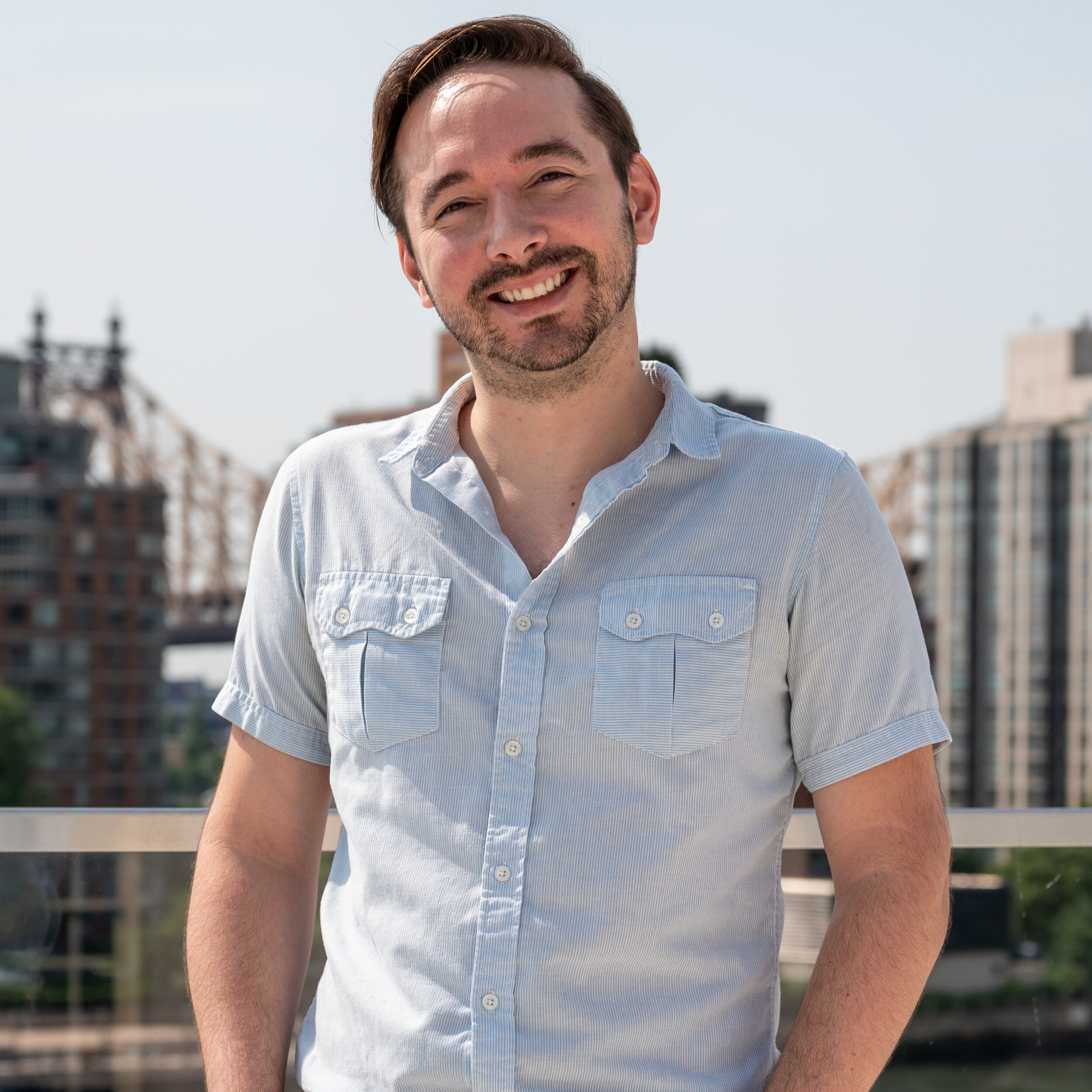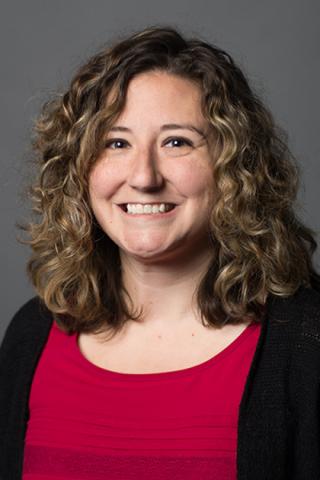Each year, ACS funds the most promising ideas in cancer research. About $100 million annually in extramural grants supports pioneering research across the cancer continuum. Unfortunately, many projects are left on the table when existing funds run out. Pay-If applications are research proposals that both serve our mission and meet our standard of excellence but remain unfunded due to budget constraints. We can ‘pay’ for these applications only ‘if’ additional funds become available.
All money raised during Comedy Against Cancer’s Hands Up for Hope benefits the American Cancer Society’s Pay-If Research Fund.
About 1 in 8 women in the United States will develop breast cancer in their lifetime. While treatment strategies continue to evolve with new information and research, the most aggressive forms of this cancer (metastatic tumors) evolve as well, making drug resistance a perpetual challenge in deadliest stages of disease. Currently the standard approach for treating metastatic breast cancers that remain responsive to hormones is a dual tactic: one drug blocks the estrogen receptors that signal cancer cells to grow and multiply and another drug reinforces this by preventing the passage of a checkpoint required for division. Together this can result in tumor cell death, shift cells into a dormant state known as quiescence, or force cancer cells permanently out of the cell cycle into a state of senescence. The differences between response are not fully understood and some ~70-80% of patients develop resistance within 3 years, making it imperative that we uncover the factors behind these incongruities.


Genetic information is carried in DNA on 46 chromosomes in each human cell. Cancer is characterized by genetic changes, including mutations in individual genes. However, more than 90% of tumors also have cells with an incorrect number of chromosomes. The exact role of these chromosome changes in tumor formation is an unanswered question in cancer biology because it is challenging to directly induce in the lab the same chromosome changes that occur in cancer. To address this, our research uses a new technology called “CRISPR” that allows us to cut chromosomes at specific locations. With this technology, our lab is able to study the effects of specific large chromosome changes that occur in types of lung, throat, and esophageal cancers with a focus on a piece of chromosome 3.
The American Cancer Society is the leading cancer-fighting organization with a vision to end cancer as we know it, for everyone. We are the only organization improving the lives of people with cancer and their families through advocacy, research, and patient support to ensure that everyone has an opportunity to prevent, detect, treat, and survive cancer.